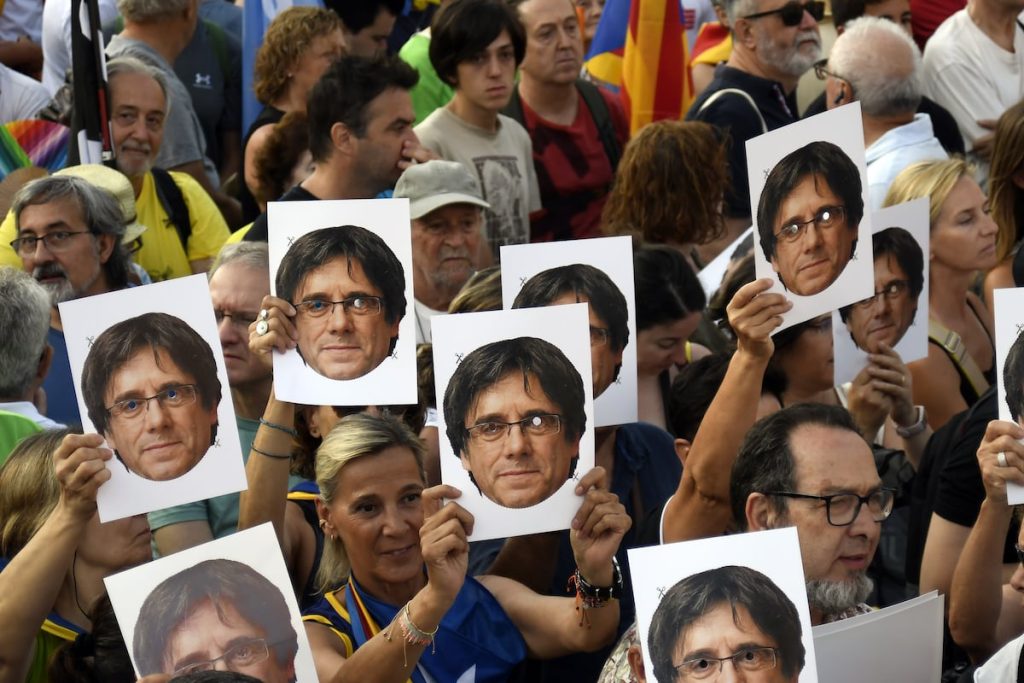The report delivered by the Mossos d’Esquadra to the judge of the procés, Supreme Court magistrate Pablo Llarena, acknowledges errors in the police operation to arrest former Catalan President Carles Puigdemont on the day of Salvador Illa’s investiture as President of the Generalitat on August 8. Llarena had requested information from the Mossos and the Ministry of the Interior about the police operation carried out by the Catalan police in Barcelona on August 8 in an attempt to execute the arrest warrant against Puigdemont, who has been in Belgium since 2017 and is wanted by the Supreme Court. The judge also asked for information on “the elements that led to its failure from a technical police perspective.”
In their report, the Ministry of the Interior informed Llarena that the devices set up by the National Police and the Civil Guard at the French border did not detect Puigdemont at any time, and despite offering their support to the Mossos in locating him, their assistance was not accepted. Puigdemont, who has been on the run for seven years for his role in the unilateral declaration of independence following the 2017 referendum, returned to Spanish territory on the day of Illa’s investiture, defying the authorities. After addressing his supporters, he disappeared for a couple of days before revealing that he was back in his hideout in Waterloo, Belgium.
Puigdemont’s return to Spain and subsequent evasion demonstrated his continued defiance of the Spanish authorities and his commitment to the Catalan independence cause. Despite the failures of the police operation, he managed to enter the country undetected and escape capture, highlighting the challenges faced by law enforcement in apprehending him. His actions also served to energize his supporters and reinforce the ongoing struggle for Catalan independence.
The report’s acknowledgment of errors in the police operation raises questions about the effectiveness and coordination of the security forces involved in capturing Puigdemont. The decision not to accept the support offered by the National Police and the Civil Guard has been criticized as a missed opportunity to apprehend the fugitive former president. As Puigdemont remains at large, the authorities will likely face continued pressure to bring him to justice and address the unresolved issues surrounding his role in the independence movement.
The incident surrounding Puigdemont’s attempted arrest on the day of Illa’s investiture underscores the complex and politically charged nature of the Catalan independence movement. The ongoing tensions between the central government in Madrid and the regional government in Catalonia have created a volatile environment in which issues of autonomy and sovereignty continue to divide the population. The failure to apprehend Puigdemont represents a setback for the Spanish authorities and highlights the challenges they face in maintaining law and order in the region.


